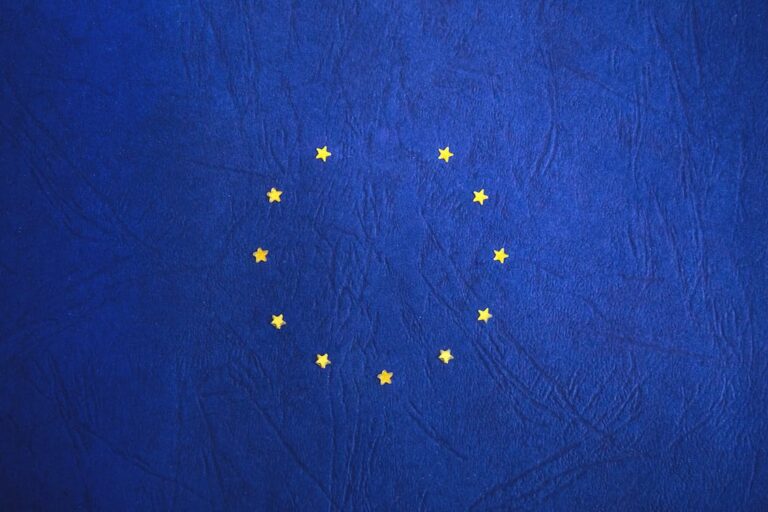
Day of Reckoning – Catalonia Part 1
Discussion and Analysis by Charles Porter:
This afternoon, the culmination of the Catalonian independence vote may arrive. We analyse the implications within currency markets, predominantly the Euro. In doing so, we offer you an insight into the likely performance of the Euro when it is potentially confronted by a declaration for Catalonian secession later this afternoon.
While Carles Puigdemont, Catalan President, prepares to address the Catalonian parliament, the tension inside the Spanish political economy is mounting. Following the now 10-day-old referendum on Sunday 1st October, Puigdemont feels he is vested with a mandate to declare the secession of his municipality from Spain.
The uncertainty and conflict that surrounded the initial referendum should impact markets because it signals the propensity for riots and conflict to ensue in response to developments. When Puigdemont addresses parliament, there is an acute risk that the political composition of Spain, including Catalonia, is exposed. What’s more, underlying tensions that are exposed will likely realise their propensity to generate further conflict. Amidst the uncertainty surrounding the extent of devolved powers, particularly policing, pragmatic and responsible public actions cannot be taken for granted.
The Spanish Prime Minister, Mariano Rajoy, has vociferously displayed his unwillingness for Catalonia to leave Spain. Members of the incumbent Spanish ruling party have displayed uncompromising stances towards the Catalonian establishment and public displaying empathy or active support for secession. For example, threats to arrest political public office holders seem credible and are generating concern. It is therefore plausible that convoluted instructions will cause irresponsible public law enforcement, thereby escalating the tension between the nation and the region.
So Why is Spain such a Big Deal?
There are several reasons why Catalonia is pivotal to Spain and, therefore, why Spain is unwilling to allow the nation to secede. These include, but are not limited to, cultural, geographical, economic, and political. Despite a popular desire for secession, the contentious nature of the debate and referendum indicate that many individuals want to remain a part of the Spanish nation and European Union member state. This is likely to be because, ultimately, despite whatever the future holds for both Spain and Catalonia, they have shared an intricate history. The cultural and social ties across the potential border would inevitably be severed.
Geographically, Catalonia occupies much of the affluent border with France. With the Pyrenees creating an impasse across much of the border, the corner access point within Catalonia is critical. The potential to lose an area of strategic geographical significance, both in terms of trade and individual utility, is threatening for Spain. The political will for the nation to remain ultimately harks back to a realist defence of safety in numbers and solidarity with neighbours. The potential divorce of Catalonia from Spain would upset the current status quo of fiscal obligations and arrangements, threatening to stagnate politics and remove critical offices.
Evidently, economic reasoning is argued to be the most salient factor motivating the exaggerated market responses. Representing around 20% of the GDP of Spain with over 7.5 million inhabitants, the significance of Catalonia, from their fiscal contribution to their purchasing capacity, is a highly valuable national economic attribute. The attractions within Catalonia, not least Barcelona, draw high volumes of tourists each year, bringing a boost to the economy of Spain and the surrounding areas.
In part two of this article, we analyse why the Catalonian question is important to the Euro and foreign exchange markets:
Related Insights

Daily Brief – US Dollar
If you are reading this, you might be contemplating doing some FX business in the Twixtmas period- SGM-FX is open 27+30+31 December and ready to help. US Dollar As we approach 2025 it is still a USD story in currency markets with just 35bps of interest rate cuts in the USA pencilled in for the […]

Daily Brief – Euro
Euro Markets are currently pricing in four 25bp rate cuts for 2025 in the EU from 3% to 2% but some analysts are now predicting that rates may go as low as 1.5%. What that means is that EUR will remain weak and allow buyers of EUR to lock in the best levels for years. […]

Daily Brief – British Pound
British Pound With GBP if not all at sea but wallowing against the crashing waves of USD strength, it is a tale of two cities for beleaguered Brits: GBP/USD dipping below the previous floor of 1.2600 but versus EUR GBP still looking firm due to the apparent divergence between the Federal Reserve and the European […]


 Humphrey Percy
Humphrey Percy